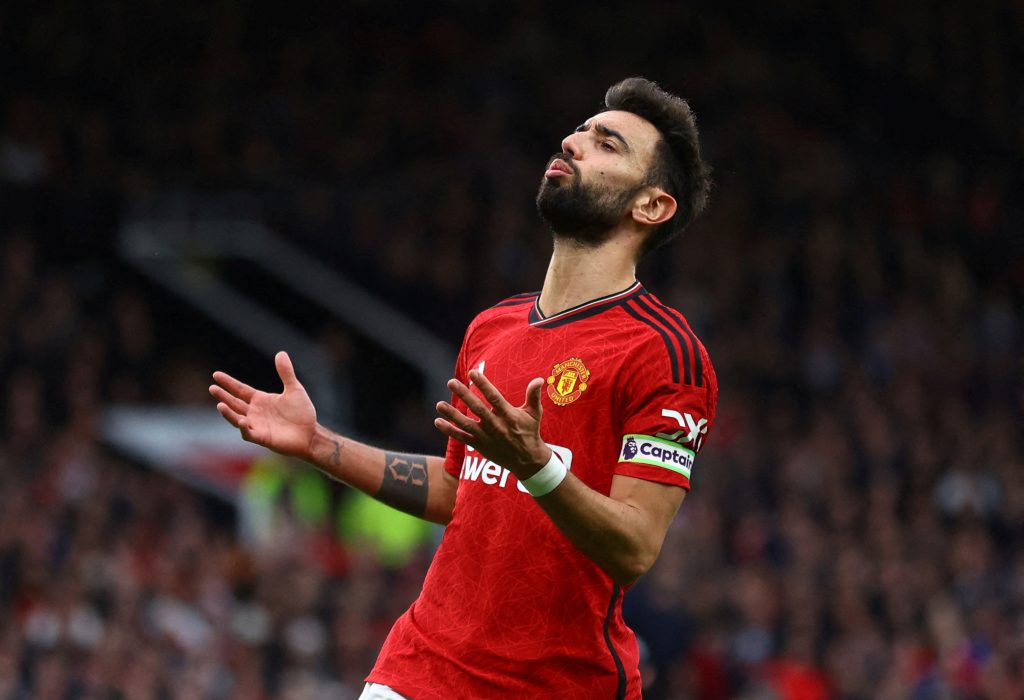UEFA has given Sir Jim Ratcliffe and INEOS until Monday to demonstrate why both Manchester United and Nice should be permitted to compete in the Europa League next season. United earned qualification by winning the FA Cup on Saturday but may face expulsion due to their lower league position compared to Nice, another club owned by INEOS.
Ratcliffe completed his purchase of a 27.7 per cent stake in February, gaining significant influence over all aspects of the Red Devils’ operations.
His INEOS group also holds the majority stake in Nice following a takeover in 2019. The French club secured a Europa League spot by finishing fifth in Ligue 1.
Meanwhile, United had their worst-ever Premier League campaign, finishing eighth and missing out on European places entirely.
However, Erik ten Hag’s side defeated Manchester City 2-1 at Wembley Stadium on Saturday, earning a Europa League spot as a bonus after winning their 13th FA Cup.
Nevertheless, they could face expulsion from the competition if they fail to satisfy UEFA with their rationale for participation alongside Nice.
UEFA’s regulations on multi-club ownership prohibit any individual or organization from exerting “decisive influence” over the operations of more than one club in the same competition.
According to The Telegraph, United will receive the verdict from an independent panel before the Europa League qualifying rounds commence in July.
If the decision goes against the Old Trafford club, they will drop into the Conference League since they finished below Nice in their respective division.
This would leave Tottenham Hotspur as England’s sole representatives in the Europa League, with United and Chelsea competing in the Conference League.
However, INEOS has engaged in direct discussions with UEFA and is “confident” they will find a solution that maintains the integrity of the competition, in accordance with the governing body’s latest guidelines.
The Telegraph also reports that INEOS could relinquish their day-to-day control at Nice, restricting Ratcliffe’s involvement to being the club’s primary investor.
Similar dilemmas were resolved successfully in the 2023/24 season, including at Aston Villa and Brighton and Hove Albion, where owners had to adjust their control at Portugal’s Vitoria Guimaraes and Belgium’s Union Saint-Gilloise, respectively.
City Football Group also faces a comparable issue in the upcoming campaign after Girona qualified for the Champions League by finishing third in La Liga.
Manchester City themselves won’t be directly affected, given their Premier League victory, but Girona could be at risk of losing their place.

